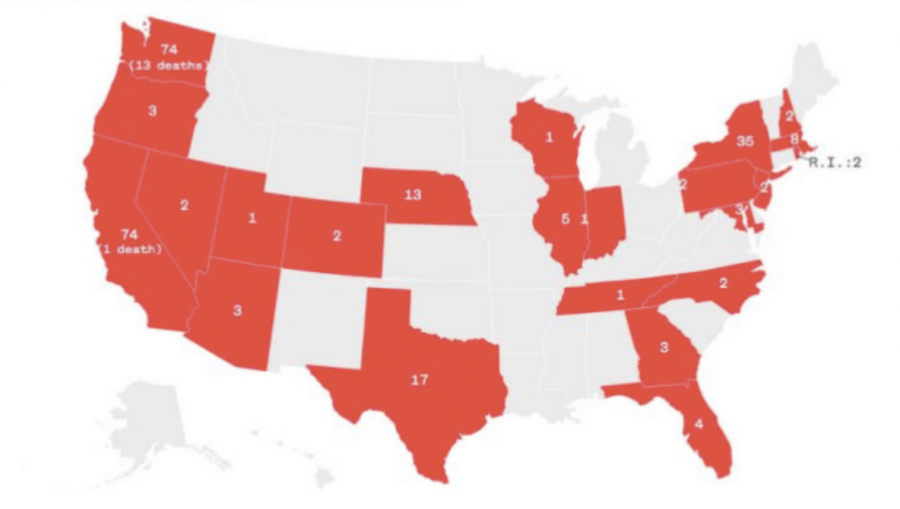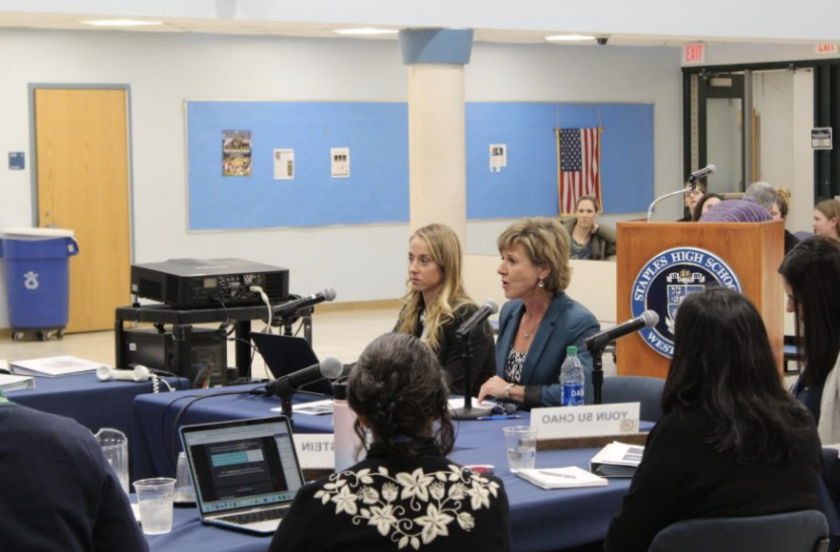Often referred to as “the guinea pig year,” the 2014 sophomores have been no strangers to change.
The once solid foundations of junior year have become shakier and shakier as this year goes on. So far, sophomores have been told they will get to choose between AP Language or AP English Literature, a choice never before offered to juniors; they will also have to take the new Smarter Balanced tests, despite having already taken CAPTs this year.
And now, yet another alteration provides a challenge.
Since autumn, sophomores been known that they would also be writing their research paper—a long-time dreaded Junior endeavor—a year earlier than any students before them. Students were, unsurprisingly, shaken.
But this past Friday, when rumors flooded that sophomores would be assigned their topics rather than allowed to choose their own, anxiety and irritation spiked. And it wasn’t just sophomores who were upset: juniors who had been through the process felt sorry for their younger classmates.
Terrie Yang ’15, is worried. “If students are assigned topics that they don’t care about, this takes a lot of the pleasure out of researching and writing. I think this could really impact the quality of the final product.” Yang wrote her paper this year on gifted and talented education.
Emma Fasciolo ‘16 is unhappy with the lack of options given to some sophomores. “English class in itself is very stressful, so having [a research paper topic] assigned to me has put a lot of extra anxiety on me and makes me like the class even less” says Fasciolo. She notes that some teachers may assign topics based off the course curriculum, such as the French Revolution in Tale of Two Cities. Fasiolo doesn’t think that’s worth it, though; She writes best about things she is interested in, not topics she is forced into.
English teacher Holly Sulzycki, who currently instructs both sophomores and juniors, said, “It’s a balance between offering them freedom while still having control.”
“Part of assigning a topic is because picking and choosing is such a long process,” Sulzycki explained as to why some teachers would choose to limit choice. “It takes Research and Lit a full semester. If anyone is choosing to assign a topic, it has to do with their skill set and the sheer fact that it’s March.”
Some students are trying to find the bright side.
“We have less of a choice, but there are choices within the restrictions, I think,” said Emily Howard ’16. “What I was told was, since we have less time—we have a month, if not less— it would take a long time to choose, so I’m fine with it.”
Since the decision came from teachers rather than the English department as a whole, opinions vary among staff members as well.
“I don’t dictate how the research process goes,” said Julie Heller, chair of the English department. “It’s really up to the individual teacher.” She made it clear that teachers knew in the fall that the research paper would be moved, but that, no matter how early they knew, “It’s impossible to plan out your year with any level of certainty.”
English teacher Jesse Bauks, who also teaches sophomores and juniors, said he hasn’t started the research paper with his 10th grade students yet. He plans to at the end of the month.
Bauks has taught the junior English paper as long as he’s been at Staples, 12 or 13 years. During that time, he said, the paper has evolved; for example, he and his colleague, a few years back, piloted a more “humanities-based” paper, involving topics with “more novelists and artists and even historians.”
Bauks notes that he’s meeting with other sophomore teachers at the end of the year, to get a “consensus of what works. We’re trying to find out what’s appropriate and what our expectations should be.”



















































